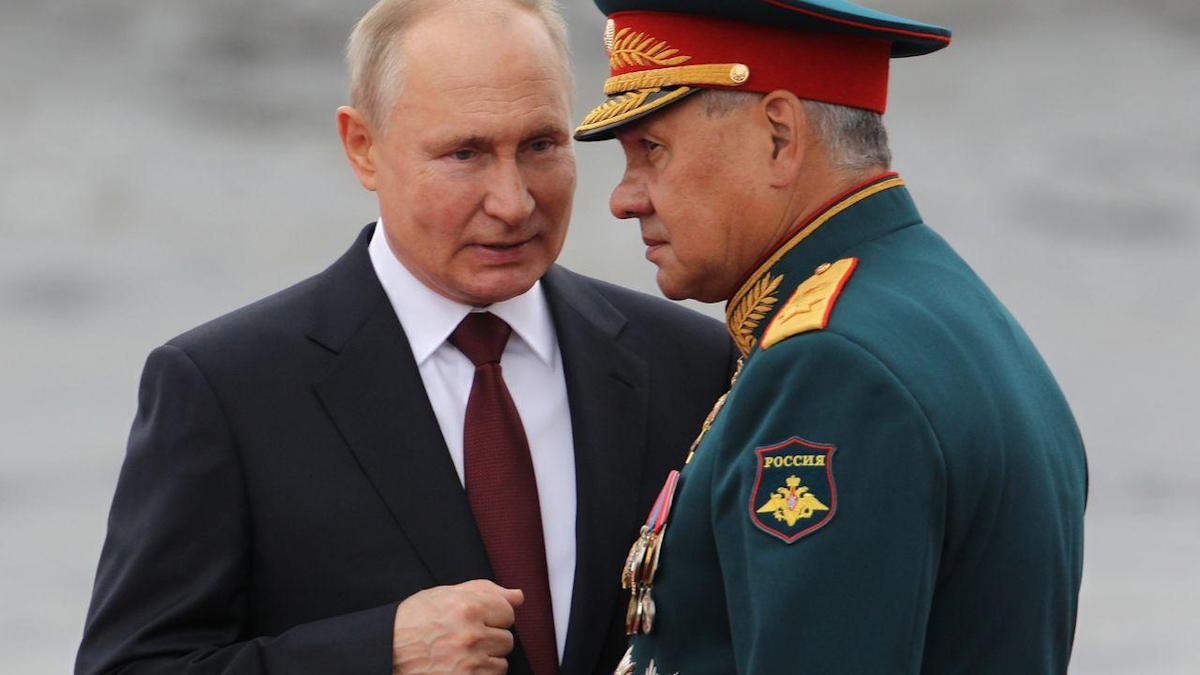
The European Union announced its first round of sanctions on Wednesday in response to Russia’s intervention in Ukraine, including the blacklisting of 27 individuals for their roles in organizing and promoting the invasion.
Why it matters: Despite predictions that the EU — with its consensus-based decision-making and energy dependence on Russia — would be the weak link in the coordinated Western sanctions push, the bloc has now arguably gone the furthest of all by targeting Putin’s close associates.
Get market news worthy of your time with Axios Markets. Subscribe for free.
-
U.S. and allied officials argue that sanctions will be far more effective and more likely to deter Russia from escalating further if the U.S., U.K., EU and other partners act together.
Details: Brussels has frozen the EU-based assets of, and banned travel to the EU from: Putin’s chief of staff, Anton Vaino; Defense Minister Sergei Shoigu; two deputy prime ministers; the editor-in-chief of the RT news network; a prominent state TV anchor and a spokesperson for Russia’s Foreign Ministry.
-
All 351 members of the Russian Duma who voted to recognize the two pro-Russia “republics” in eastern Ukraine were added to the sanctions list, along with three banks and several well-connected businesspeople like “Putin’s chef,” Yevgeny Prigozhin.
-
Germany had already canceled the certification for Nord Stream 2, the $11 billion Russia-to-Germany natural gas pipeline, in a signal the European powers were prepared to hit hard.
-
Like the U.S. and U.K., European officials have warned that further incursions into Ukraine will result in more sanctions. Australia, Canada and Japan also announced sanctions on Wednesday.
What they’re saying: “Sanctions adopted. Less than 48 hours after the deed that triggered them. Say again, the EU was slow and clumsy?” EU Ambassador to Kyiv Matti Maasikas tweeted in response to the bloc’s critics.
-
Hungary had been viewed as a potential sanctions spoiler, given the government’s past praise for Putin, but a spokesman for Prime Minister Viktor Orbán tweeted that Budapest “stands committed to the joint EU policy.”
-
Switzerland, which is not an EU member, announced that it would not be imposing sanctions on Russia but would not be used to circumvent the EU sanctions.
More from Axios: Sign up to get the latest market trends with Axios Markets. Subscribe for free




